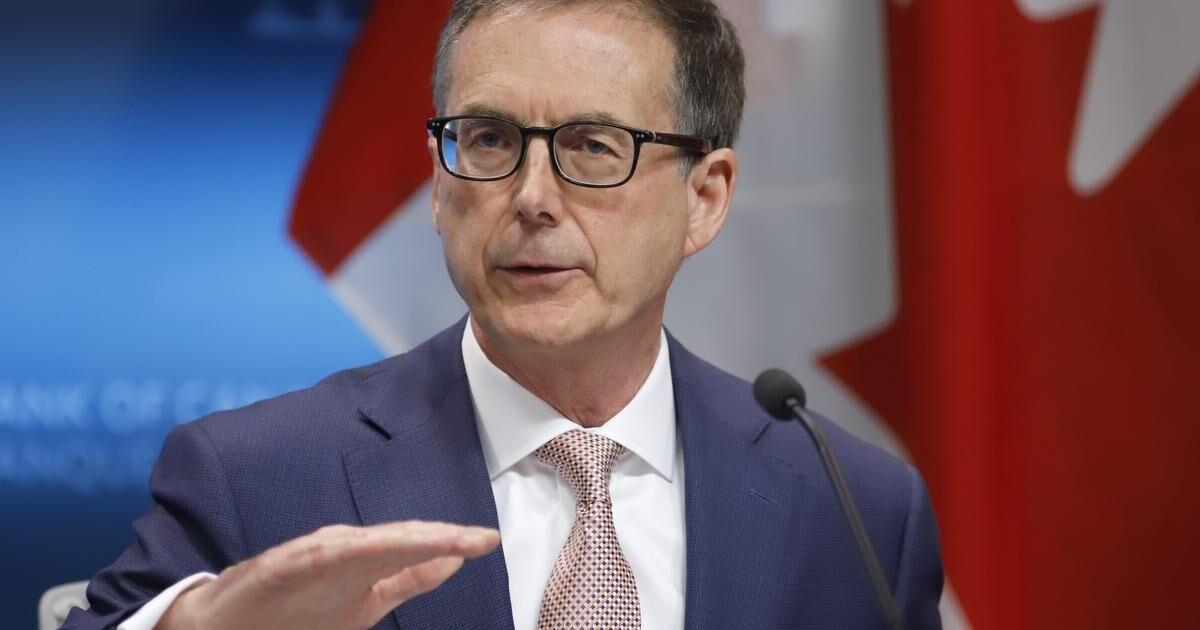
As the Canadian housing market braces for a seismic shift, the looming possibility of interest rate reductions by mid-2024 signals a transformative era for homeowners and investors alike.
This strategic pivot by the Bank of Canada, departing from a rigid inflation target approach, is not just a financial adjustment but a harbinger of a redefined housing landscape.
Stability Amidst Predicted Changes
The expectation is for the overnight lending rate to remain at 5% until mid-2024. This prediction aligns with inflation forecasts, suggesting a period of relative stability before any potential decreases.
Balancing Economic Risks
The Bank of Canada's nuanced approach in rate management reflects a concern for triggering a recession. A balance between gradual rate reduction and maintaining a tight monetary policy is crucial to avoid abrupt economic shifts, affecting homeowners with potential higher renewal rates.
The Housing Market’s Response to Rates
Resilience Despite High Rates
Despite rising interest rates, the Canadian housing market's resilience is evident. This strength is attributed to factors like population growth and a limited housing supply.
However, these higher rates are causing shifts, notably pushing potential homebuyers towards the rental market, escalating demand, and consequently, rental costs.
Shift in Mortgage Preferences
The CMHC reports a significant consumer shift towards longer-term fixed-rate mortgages, a trend reflecting concerns over continuous rate hikes. This change indicates a departure from the previous inclination towards shorter-term mortgages.
The Financial Strain of Rate Fluctuations
The recent surge in interest rates has precipitated a significant financial burden on Canadian homeowners. In early 2023, over 290,000 borrowers were confronted with higher rates at the time of their mortgage renewals.
This increase disproportionately affected those with larger loans, underscoring the escalating financial strain in the housing sector. The ripple effect of these heightened interest rates extends beyond mortgage payments.
They exert pressure on household budgets, compelling families to reassess and often curtail their spending in other areas.
This financial squeeze is not only reshaping individual spending habits but also impacting the broader economic landscape, as consumer spending is a critical driver of economic activity.
Navigating the Evolving Market
The anticipated interest rate cuts, while offering potential relief, bring forth complex challenges.
The housing market faces the dual threat of potential overheating and ongoing supply issues.
Real estate professionals must adapt to these evolving conditions, understanding the intricacies of market dynamics, financial strains, and policy changes to guide clients effectively.
Have these increased interest rates had an impact on your home buying/selling journey?
Let me know in the comments below!
Rylie C.
Sources





Comments